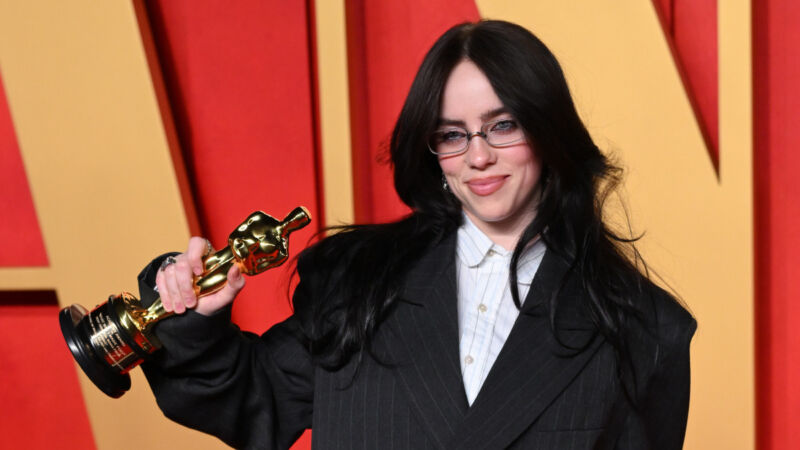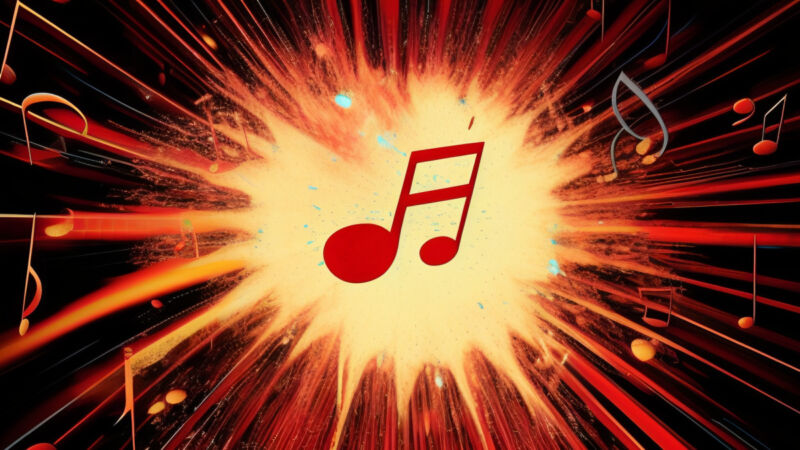-
 chevron_right
chevron_right
Billie Eilish, Pearl Jam, 200 artists say AI poses existential threat to their livelihoods
news.movim.eu / ArsTechnica · Tuesday, 2 April - 20:14 · 1 minute

Enlarge / Billie Eilish attends the 2024 Vanity Fair Oscar Party hosted by Radhika Jones at the Wallis Annenberg Center for the Performing Arts on March 10, 2024, in Beverly Hills, California. (credit: Getty Images )
On Tuesday, the Artist Rights Alliance (ARA) announced an open letter critical of AI signed by over 200 musical artists, including Pearl Jam, Nicki Minaj, Billie Eilish, Stevie Wonder, Elvis Costello, and the estate of Frank Sinatra. In the letter, the artists call on AI developers, technology companies, platforms, and digital music services to stop using AI to "infringe upon and devalue the rights of human artists." A tweet from the ARA added that AI poses an "existential threat" to their art.
Visual artists began protesting the advent of generative AI after the rise of the first mainstream AI image generators in 2022, and considering that generative AI research has since been undertaken for other forms of creative media, we have seen that protest extend to professionals in other creative domains, such as writers , actors , filmmakers —and now musicians.
"When used irresponsibly, AI poses enormous threats to our ability to protect our privacy, our identities, our music and our livelihoods," the open letter states. It alleges that some of the "biggest and most powerful" companies (unnamed in the letter) are using the work of artists without permission to train AI models, with the aim of replacing human artists with AI-created content.

